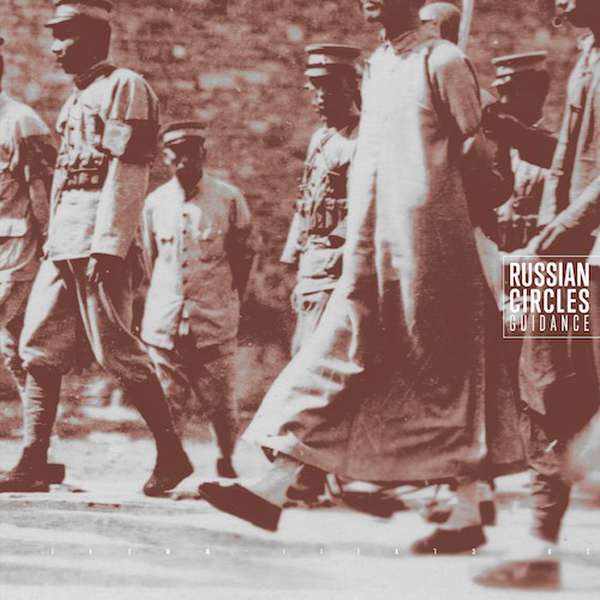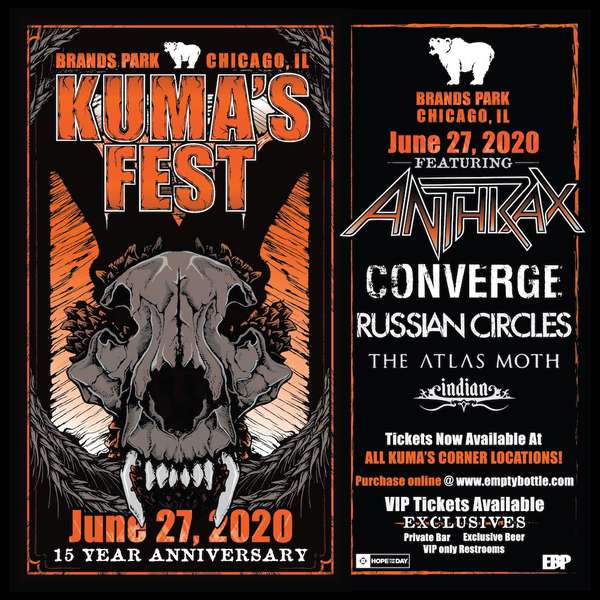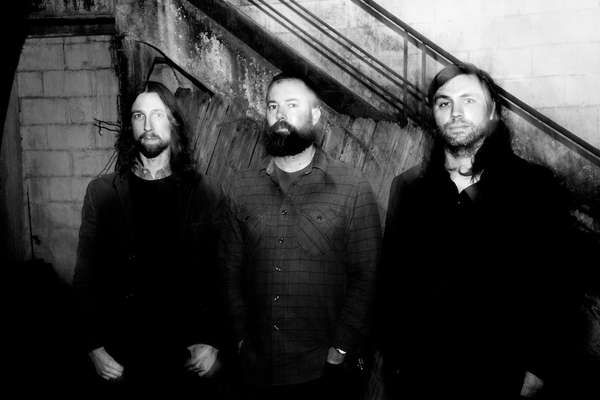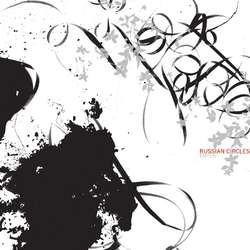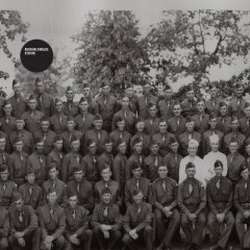The constant presence of Russian Circles in the post-rock domain has raised them to a prestigious status, and rightfully so. The band from Chicago started off about a decade ago, releasing their debut, Enter, in 2006. Their music was heavy and moving, and record by record the craftsmanship of the trio progressed, and especially since Geneva and Empros, they have found the perfect balance for their sound. Heavy, emotional, pessimistic but yet cathartic, they unveil the new chapter of their legacy with Guidance.
The album does hover, for most part, over the familiar territories that Russian Circles explore since their inception. The cinematic aura that their music radiates is as powerful as ever, coming with an air of certainty, flowing freely through the core of the band. Big soundscapes, created from subtle drones and minimal guitar melodies comprise the scenery around you. The dynamics of the album, as is the case with every Russian Circles release, are spot on, offering a more active progression, and giving a sense of movement to the music. This leads to changes of tone, with the band navigating effectively through ethereal vibes and dramatic crescendos, to even funeral-like settings. All these would be pointless if each track existed in a vacuum, isolated from the preceding or succeeding chapter, but Russian Circles add a great sense of continuity to their work, providing a strong, cohesive narrative.
What slightly separates Russian Circles from the post-rock scene is the weight and aggression that is apparent in their music. The riffs are fucking heavy, coming down, constantly pummeling, and even though melodies are constantly present in Russian Circles' works, the band does not compromise any of its weight to accommodate the moving lead work. Taking elements from metal, Russian Circles appear more feral, unleashing chugging riffs, with the drums exploding with every hit. In the case of “Mota” the delicate, clean melodies that appear alongside the relentless drum beats do not become belittled by their presence, they just get more imposing. And in Guidance, the boundary of this heavy mode is further loosened, especially with “Calla” finding the band with a doom metal mentality, and with an eerie tonality to their riffs.
All that would not be enough, if Russian Circles did not have this quality of bringing to life such graphic representations with their music. Considering that they are an instrumental band, it takes a lot of emotion and feeling to be able to construct this cinematic aura, alluding to real life situations, and all their beauty or ugliness. It is this moving quality that makes the music of Russian Circles so effective.
